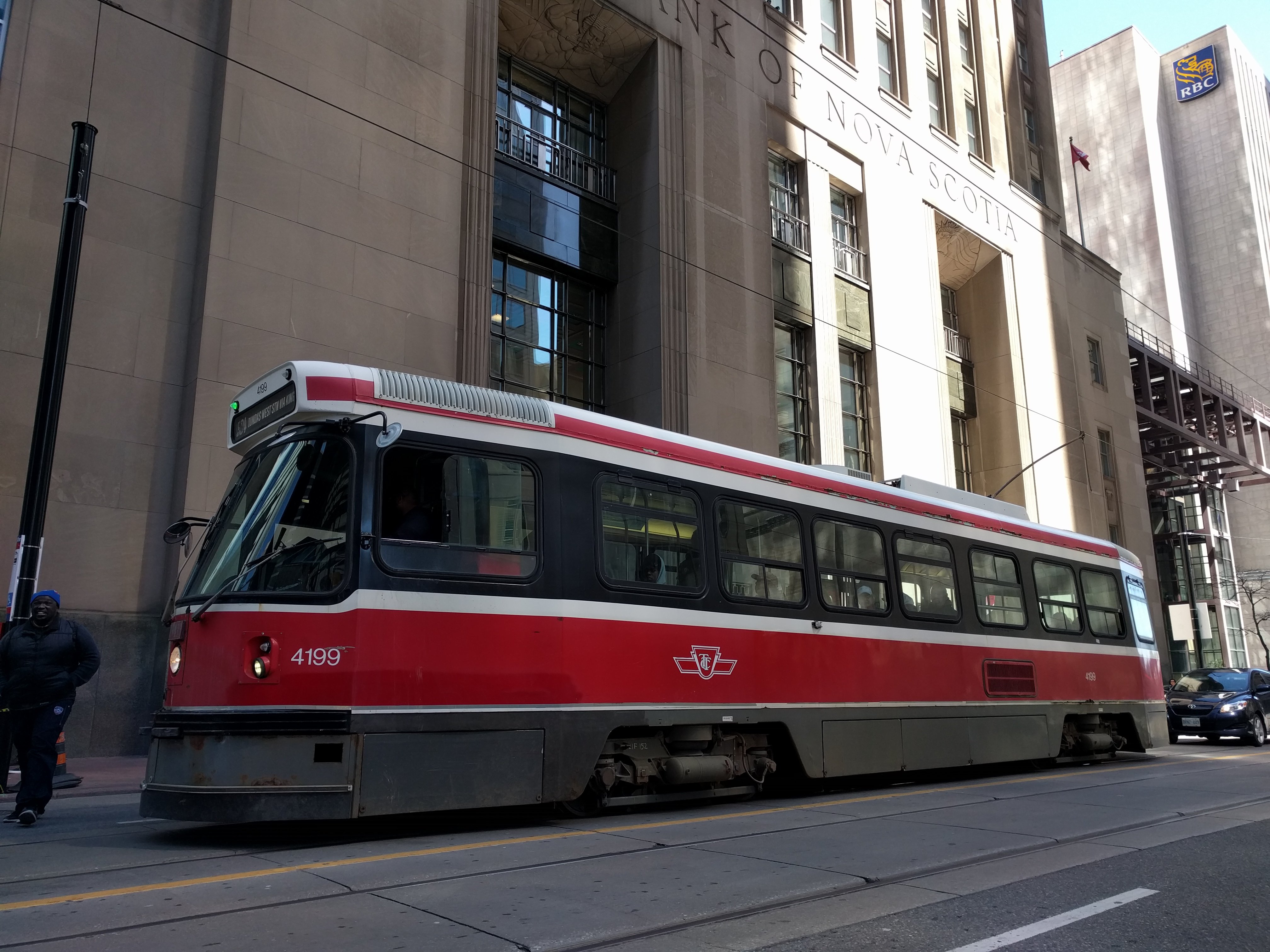Toronto Transit Commission won the right to randomly test employees in safety-sensitive positions last month after union challenged policy

Toronto transit officials say two workers failed alcohol or drug tests under a new random testing program introduced this week.
The Toronto Transit Commission (TTC)says on the first day of testing on Monday, a worker in a safety-sensitive position tested positive for alcohol by blowing over .04 on a breathalyzer.
Another worker tested positive for an unidentified drug.
CEO Andy Byford says the fact that two failed tests were registered in the first three days of testing shows the TTC is justified in implementing the program.
The TTC said neither worker was a driver, but they were part of 10,000 employees in safety-sensitive positions that are subject to random drug and alcohol testing under the new policy.
The Amalgamated Transit Union Local 113 (ATU) had challenged the policy as a violation of employee privacy rights and a risk of “psychological” and “reputational” harm to employees, but the Ontario Superior Court of Justice found no evidence that such harm would come to employees. The court also found that the TTC had demonstrated there was an existing drug and alcohol problem in its workplace that was difficult to detect. The benefit to public safety that random testing outweighed any infringement of employee privacy, the court said.
Kevin Morton, secretary-treasurer of ATU Local 113, told the Toronto Star that “we don’t want anybody to come to work impaired.” But he disagreed that these first two positive tests show there’s a systemic substance abuse problem at the TTC.
“I think the sample size is way too small,” Morton said to the Star.




